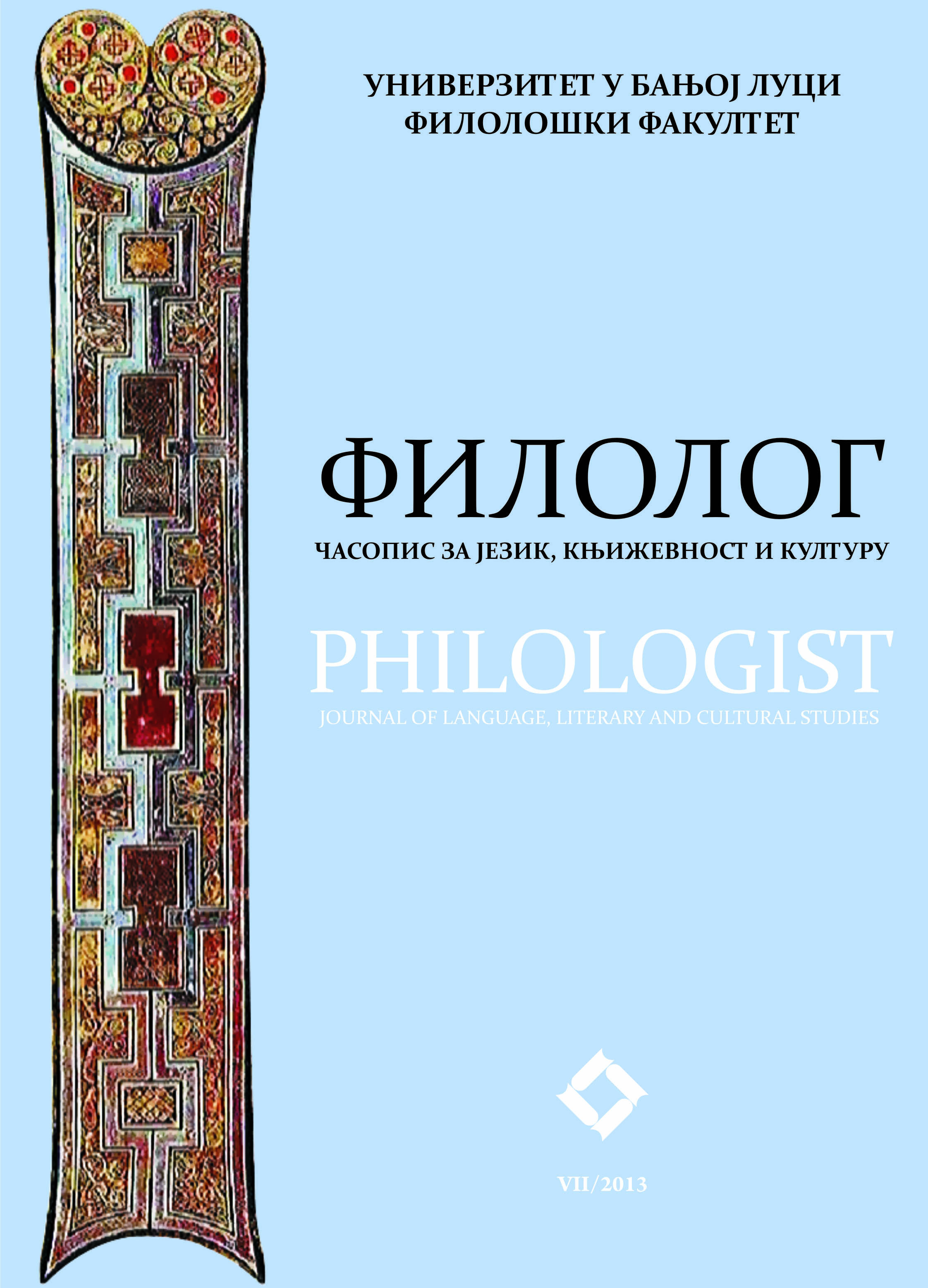Slaba epistemička modalnost u crnogorskom parlamentarnom diskursu
Weak Epistemic Modality in Montenegrin Parliamentary Discourse
Author(s): Milica VukovićSubject(s): Language and Literature Studies, Morphology, Pragmatics, Cognitive linguistics, South Slavic Languages, Philology
Published by: Филолошки факултет Универзитета у Бањој Луци
Keywords: Discourse; parliament; weak epistemic modality; hedging.
Summary/Abstract: In parliamentary discourse, intensification and deintensification of text and speech are used to a significant extent, and choice depends on the particular aim the speaker (the MP) wishes to accomplish in an utterance. From a linguistic point of view, it is worthwhile to study the linguistic tools used to achieve the aforementioned discourse strategies, as well as their relation with the pragmatic effects of text and speech, which include persuasiveness and hedging. The topic of this paper is weak epistemic modality, i.e. modifying the utterance with the aim of expression insecurity and non-commitment to the truth of the utterance – hedging from what is said. This type of modality is examined through the use of weak epistemic adverbs, verbs, nouns and adjectives, as well as their phrases, using quantitative and qualitative methods. The results point to a limited range of the items used to express weak epistemic modality and to their overriding presence in parliamentary discourse, which is far more significant than the one recored in the general use of language.
Journal: Филолог – часопис за језик, књижевност и културу
- Issue Year: 2013
- Issue No: 7
- Page Range: 65-76
- Page Count: 12
- Language: Serbian

